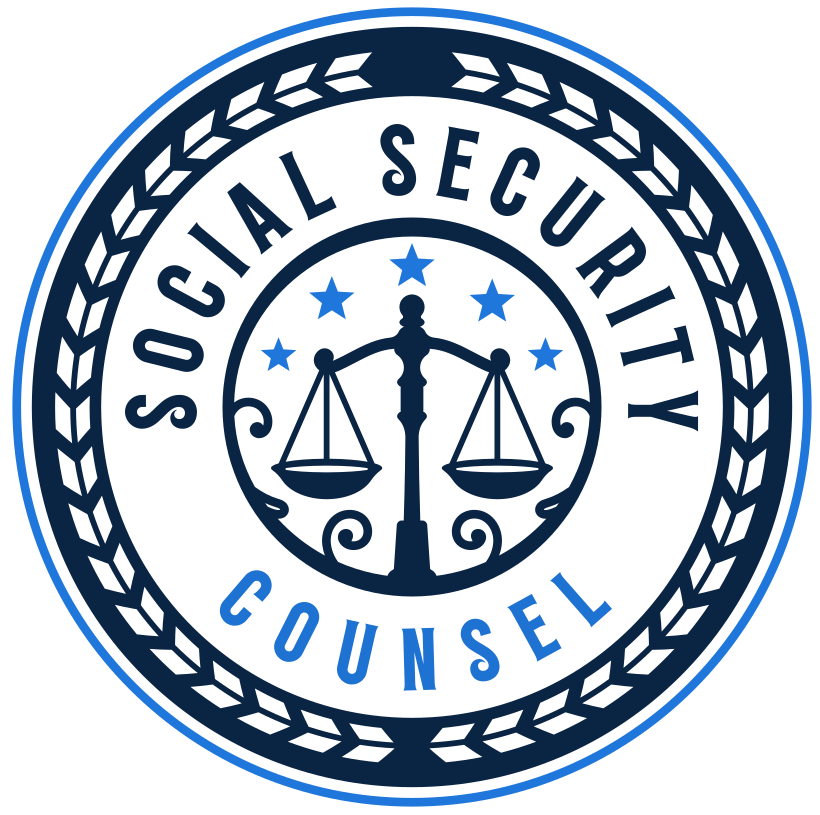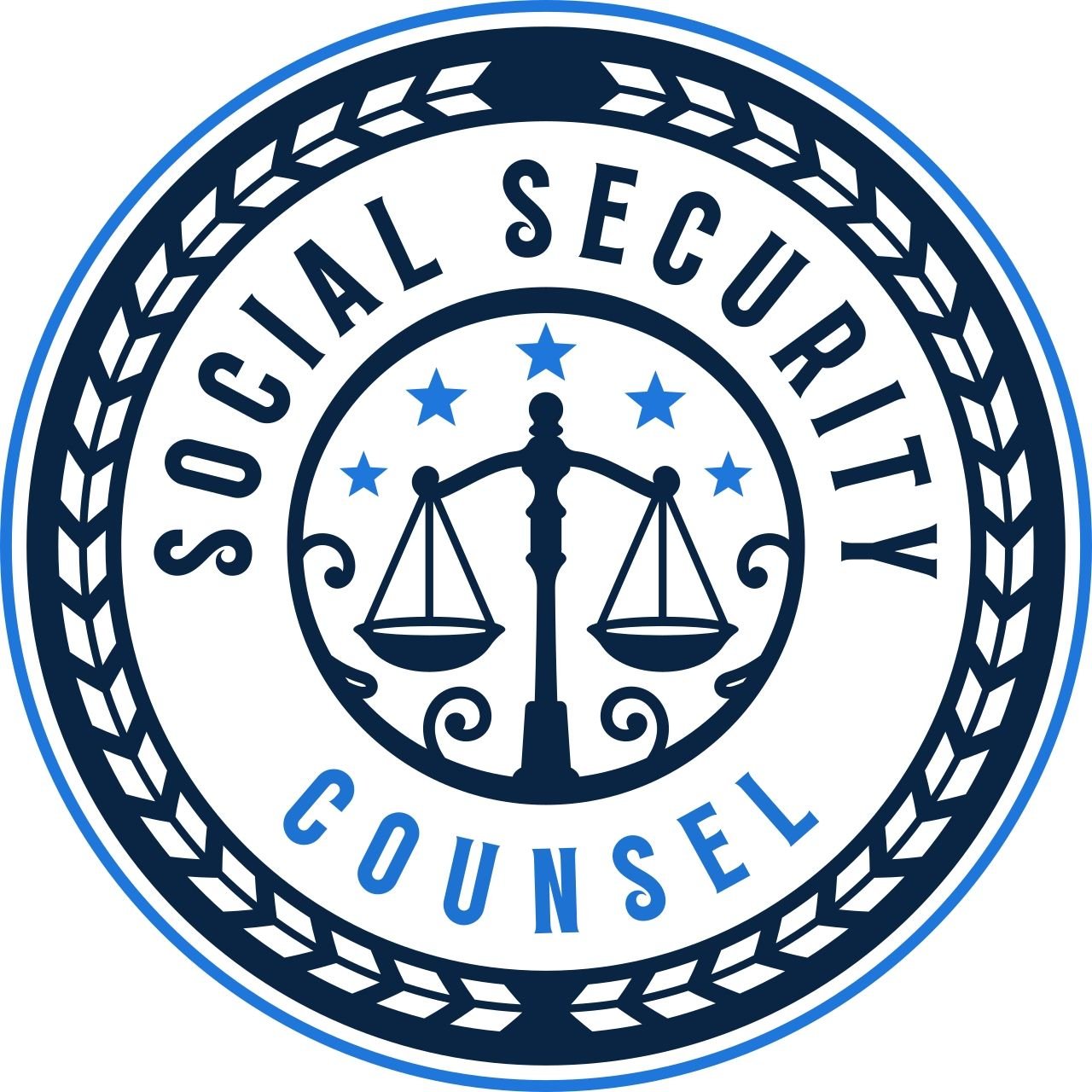Applying for Social Security Disability Insurance (SSDI) can be stressful, especially when you’re already dealing with a medical condition. Unfortunately, many initial claims are denied — often for reasons that could have been avoided with better preparation. Understanding the most common mistakes applicants make can save you time, stress, and unnecessary delays.
1. Incomplete or Incorrect Paperwork
The SSDI application process requires specific forms and detailed documentation. Even small errors, such as leaving out a section or providing inconsistent information, can result in a denial. Be thorough, and double-check every part of your application.
2. Lack of Sufficient Medical Evidence
The SSA requires medical records that clearly show how your condition limits your ability to work. Submitting outdated records or failing to include key diagnoses or treatment notes can weaken your case.
3. Failure to Follow Treatment Plans
If you are not following your doctor’s prescribed treatments — even if you have a valid reason — the SSA may view this as non-compliance. Always document your reasons for stopping or changing treatments and keep your medical providers informed.
4. Earning Too Much Income
If you’re still working and earning above the SSA’s threshold for “substantial gainful activity,” your claim could be denied. SSDI is for those who can’t work — even part-time income might disqualify you.
5. Not Responding to SSA Requests
During the review process, the SSA might request additional forms or ask for an independent medical exam. Missing these requests or failing to respond in time can lead to an automatic denial.
How to Avoid These Mistakes
The best way to avoid these common pitfalls is to work with an experienced SSDI attorney. They can ensure your application is complete, properly documented, and submitted on time.
Final Thoughts
SSDI denials are frustrating, but most can be prevented. Taking the time to prepare and seek professional help can make the difference between approval and rejection.

